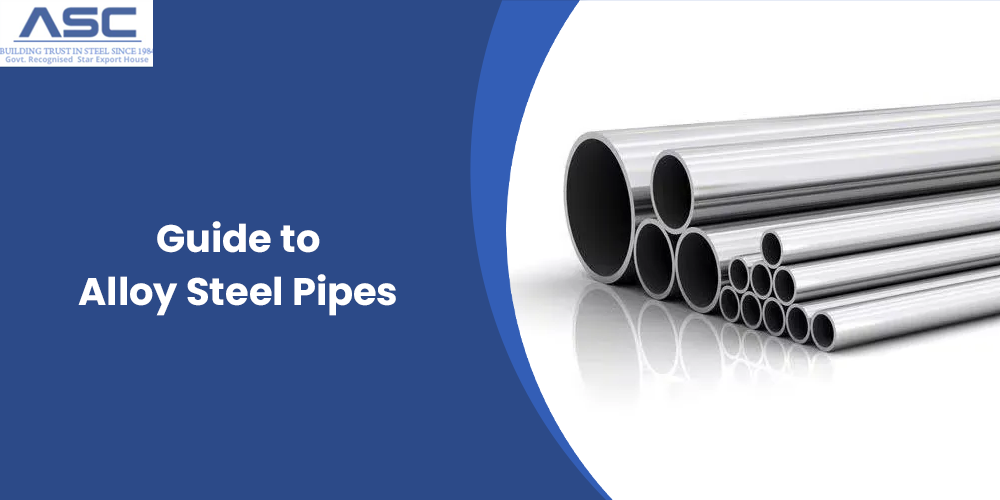Different Types of Stainless Steel Flanges And Their Applications
by AMC
Posted on January 07, 2025 at 05:01 PM
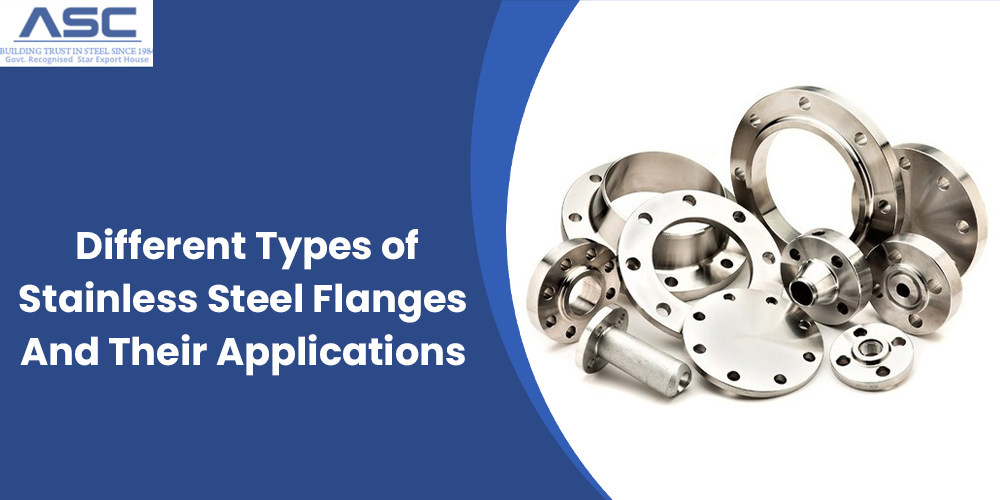
Stainless steel flanges are important parts of piping systems. SS Flange helps connect pipes, valves, pumps, and other equipment by providing a secure and leak-proof connection. SS Flanges are circular and have ridges or raised areas that hold the pipes tightly in place. Known for their strength and ability to handle high pressure and temperature, stainless steel flanges are used in many industries. Stainless steel flanges come in different sizes, shapes, and types to suit various needs. In this blog, we’ll discuss the different kinds of stainless steel flanges and their use.
What are Stainless Steel Flanges?
Stainless steel pipe flanges are important parts used to connect pipes, valves, and other equipment in many industries. SS Flange are made from a mix of iron, chromium, and nickel, making them strong and rust-resistant. SS Flange comes in different shapes and sizes to meet the needs of industries like oil and gas, chemical plants, water treatment, and pharmaceuticals. Stainless steel pipe flanges are durable and help prevent leaks, ensuring a safe and efficient work environment.
Types of Stainless Steel Flanges by Amardeep Steel
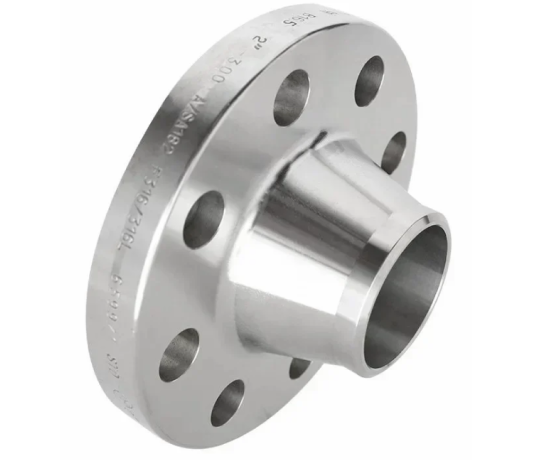
Weld Neck Flange
Weld neck flanges are strong and reliable. They connect pipes to valves, pumps, or other equipment by being welded to the pipe. These flanges are great for high-pressure and high-temperature systems. They are durable and easy to install, which is why they’re widely used in industries.
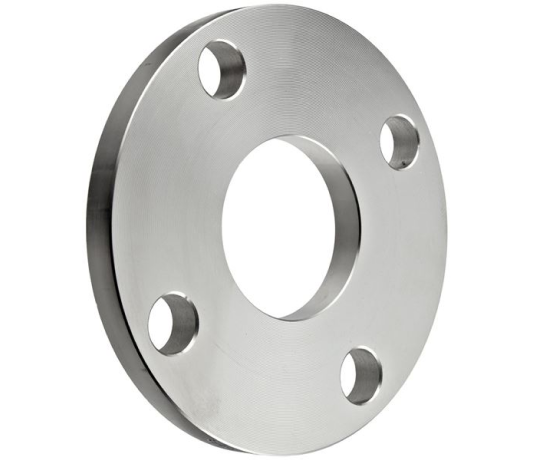
Slip-On Flange
Slip-on flanges are simple to use. They slide over the end of a pipe and are then welded in place. After that, they’re bolted to the equipment. These flanges work well in low-pressure systems and are commonly used for non-critical tasks because they are affordable and easy to install.
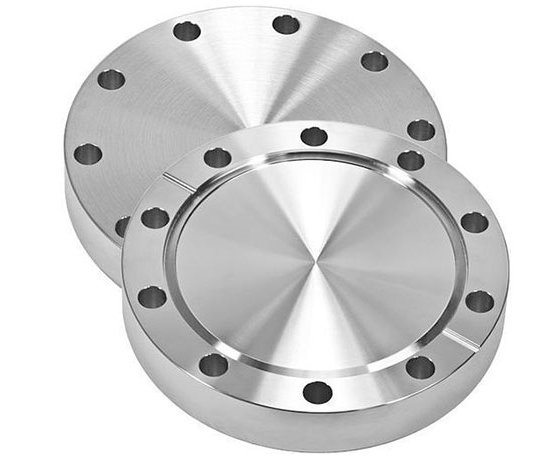
Blind Flange
Blind flanges are used to close off the end of a pipe. They stop the flow completely and are helpful for future maintenance or system expansion. These flanges are strong and can handle high pressure and high temperatures, making them suitable for demanding systems.
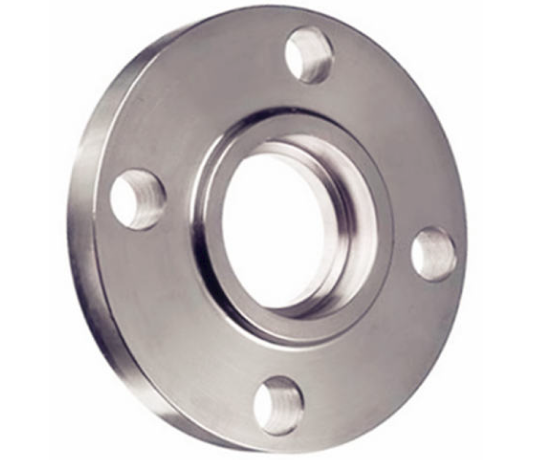
Socket Weld Flange
Socket weld flanges are designed for smaller pipes. The pipe is inserted into a socket in the flange and then welded in place. They provide a secure and leak-proof connection, making them a good choice for high-pressure and high-temperature systems.
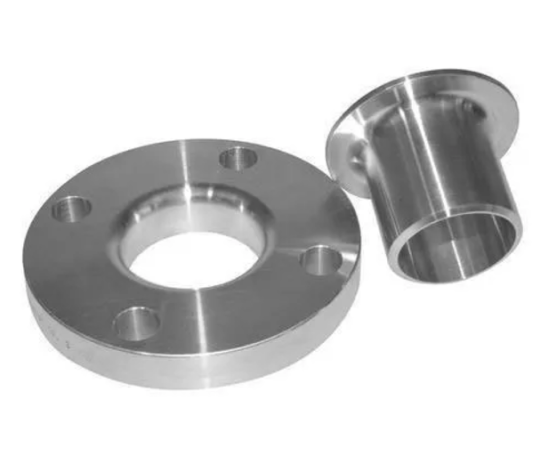
Lap Joint Flange
Lap joint flanges are used in systems that need to be taken apart often. They have two parts: a stub end that is welded to the pipe, and a ring that fits over the pipe. The ring can rotate, making it easier to align with other equipment. These flanges are best for low-pressure and non-critical systems.
Benefits of Stainless Steel Flanges and Fittings
Corrosion Resistance and Self-Healing Properties
Stainless steel flanges are highly resistant to rust and corrosion. This is because they contain chromium, which forms a protective layer on the surface. Even if this layer gets scratched or damaged, stainless steel can repair itself by regenerating the protective barrier. This unique self-healing ability ensures that stainless steel flanges stay strong and reliable, even in tough environments.
Durability and Easy Maintenance
Stainless steel is not only strong but also easy to care for. However, regular maintenance is important, especially in environments with salty air, like coastal areas, or where road salt is used. Cleaning the fittings regularly and using proper cleaning agents can prevent rust and extend their life. Choosing the right type of stainless steel for your specific needs makes them even more durable.
Versatility and Customization
Stainless steel is highly versatile and can be customized to meet different requirements. It can be shaped or modified to fit unique designs, making it suitable for a variety of piping systems. This flexibility is one of the reasons why stainless steel is a popular choice across many industries.
Applications of Stainless Steel Flanges in the Steel Industry
Stainless steel flanges are an important part of the steel industry, where strong and reliable piping systems are needed to handle high pressure, high temperatures, and corrosive materials. Stainless Flanges are used to connect pipes, valves, and equipment in processes like steel production, refining, and transportation.
In steel manufacturing, stainless steel flanges are essential for managing gases, liquids, and steam in furnaces and heat treatment processes. Steel Flange's ability to handle extreme temperatures keeps operations running smoothly and prevents system failures. Stainless Steel Pipe Flange are also highly resistant to corrosion, making them ideal for transporting chemicals and cooling agents used in steel processing plants.
For distribution systems, stainless steel flanges provide secure, leak-proof connections, ensuring the safe and efficient transport of molten steel and other byproducts. Stainless Pipe Flanges' strength and low maintenance needs make them the go-to choice in tough environments like rolling mills, casting facilities, and refining plants.
Choosing the right grade and type of stainless steel flange helps steel manufacturers improve efficiency, reduce downtime, and ensure safety. Consulting experts or following industry standards can help in selecting the best flanges for specific applications. At Amardeep Steel, we offer a wide range of high-quality stainless steel flanges to meet the specific demands of the steel industry.
FAQs
1. What are the 3 most common flange types?
There are also several types of raised face flanges, each designed for specific applications and operating conditions. The three more common types of raised face flanges are weld neck, slip-on, and blind flanges.
2. What is the ASME Code for Stainless Steel Flanges?
The ASME (American Society of Mechanical Engineers) code for stainless steel flanges is primarily defined under ASTM A182 / ASME SA182, which specifies the standard requirements for forged or rolled stainless steel piping components.
3. What grade is stainless steel flange material?
Flanges made of stainless steel are referred to as "stainless steel 304 flanges," also abbreviated as "SS 304 flange." Common material standards and grades include ASTM A182 Grade F304/L and F316/L, with pressure ratings ranging from Class 150 to 2500 and 300 to 600, respectively.
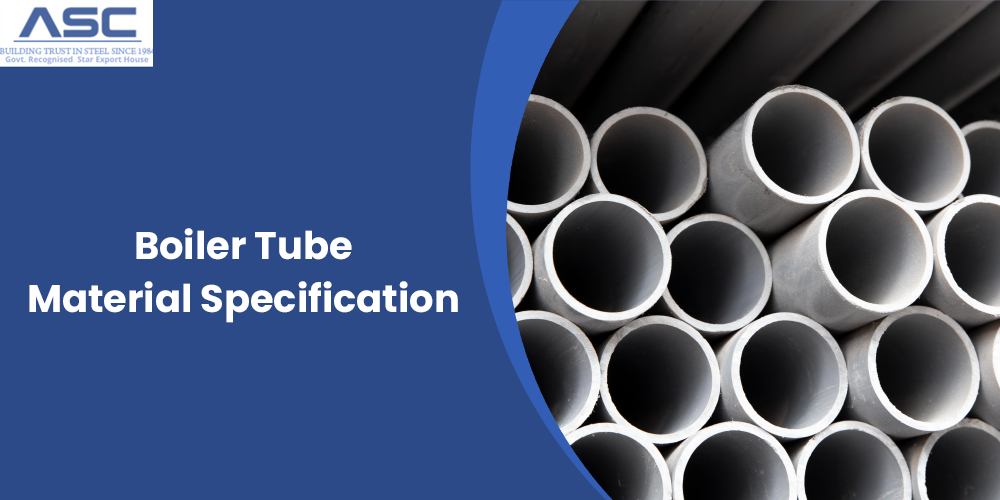
Boiler Tube Material Specification
Boiler Tubes are important for many industries, especially in steam boilers, power plants, and factories. Boiler Tubes are made from carbon steel or alloy
